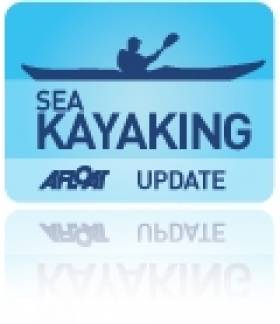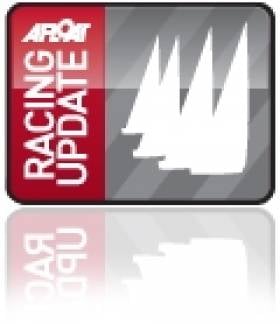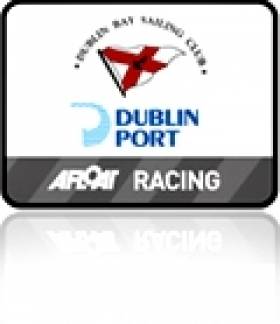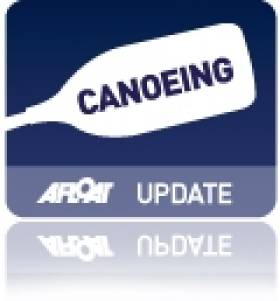Displaying items by tag: challenge
Duo Set for Sea Kayaking Challenge off Western Scotland
#SEA KAYAKING - Brit duo Andy Pearson and Paul A'bear will embark on a 500-mile sea kayaking voyage along Scotland's west coast this summer in aid of charity.
Canoe & Kayak UK reports that the pair will set out from the Solway Firth near the Scottish border at the end of June on the expedition that will take them through the Irish Sea to the Atlantic Ocean.
The adventure will see them paddle through "wild, stormy seas" and "some of the strongest tidal currents in the world".
Pearson and A'bear, who have been friends since primary school, hope to raise at least £1,000 for Cancer Research UK.
For more details on their adventure visit www.westcoastchallenge2012.co.uk.
Racing Update: World Team Racing, Lasers, Fevas, Fireballs, DBSC, Cruiser Challenge
All the weekend sailing news is wrapped up in a number of posts on Afloat.ie this morning: Schull Welcomes World Team Racers, Espey Wins Lasers, Local Sailor Takes Radials at Lough Derg Nationals, Howth Juniors Win 19-Boat Greystones Feva Event, Royal Cork Celebrates 2011 with 'At Home' Regatta, Supernova to the Fore in DBSC Cruiser Challenge Event, McCartin and Kinsella are New Irish Fireball Champions, Kenefick Steers Chimp to Overall Win at Half Ton Classic Cup, Cork Week Changes Dates for 2012.
Sign up for our newletter coming later this morning!
Hard on Port Wins Cruisers III DBSC Cruiser Challenge Event
In what at first glance looks like a repeat of the results from July's Volvo Dun Laoghaire Regatta there are familiar name at the top of the leaderboard after the weekend's Dublin Bay Sailing Club Cruiser Challenge contested by 70 boats from 7 classes.
So far overall results have yet to be published and only provisional results are appearing online.
As in July, the J24 Hard on Port (Flor O'Driscoll) was second to Supernova in the 16-boat Cruisers III IRC fleet, the biggest fleet of the combined classes event until the final race of the series when disaster struck for the Dubois Starflash desgin.
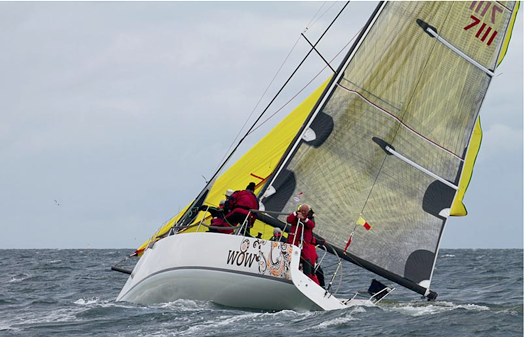
Wow tackles the breeze at the Cruiser Challenge. Photo: Gareth Craig. more on the Afloat Gallery here.
In the six boat Cruisers Zero fleet, Howth visitor Crazy Horse (Norbert Reilly) counting two firsts won by a margin of 5 points from Tiamat. Third was the new J111 Wow skippered by George Sisk.
Shooter Completes Solo Circumnavigation of Ireland by Kayak
Well-wishers broke out the champagne to welcome home Elaine 'Shooter' Alexander as she completed her solo circumnavigation of Ireland by kayak yesterday.
The first woman from Northern Ireland to complete such a feat, Shooter landed at County Antrim Yacht Club 71 days after setting off from the same spot on her 1,000-mile challenge to raise funds for local charity SHARE.
Shooter's skills were regularly tested to the limit. On one occasion she suffered severe sea sickness after getting caught in a large swell during a 12-mile crossing near Brandon Bay.
“I was fully committed with a cliff face on one side and a long paddle to America on the other, so I had to continue despite being severely ill,” she said.
But the challenge wasn't all doom and gloom. One highlight was when Shooter was joined by a pod of six dolphins for over an hour near Easkey on the Sligo coast. And above all, the people she met along the way have left a lasting impression.
“The support from the kayaking community and local fisherman has been great," she said. "Kayakers have paddled stretches with me, met me with tea and biscuits, gave me warm beds and hot showers, shared invaluable local knowledge – I can’t thank them enough."


























